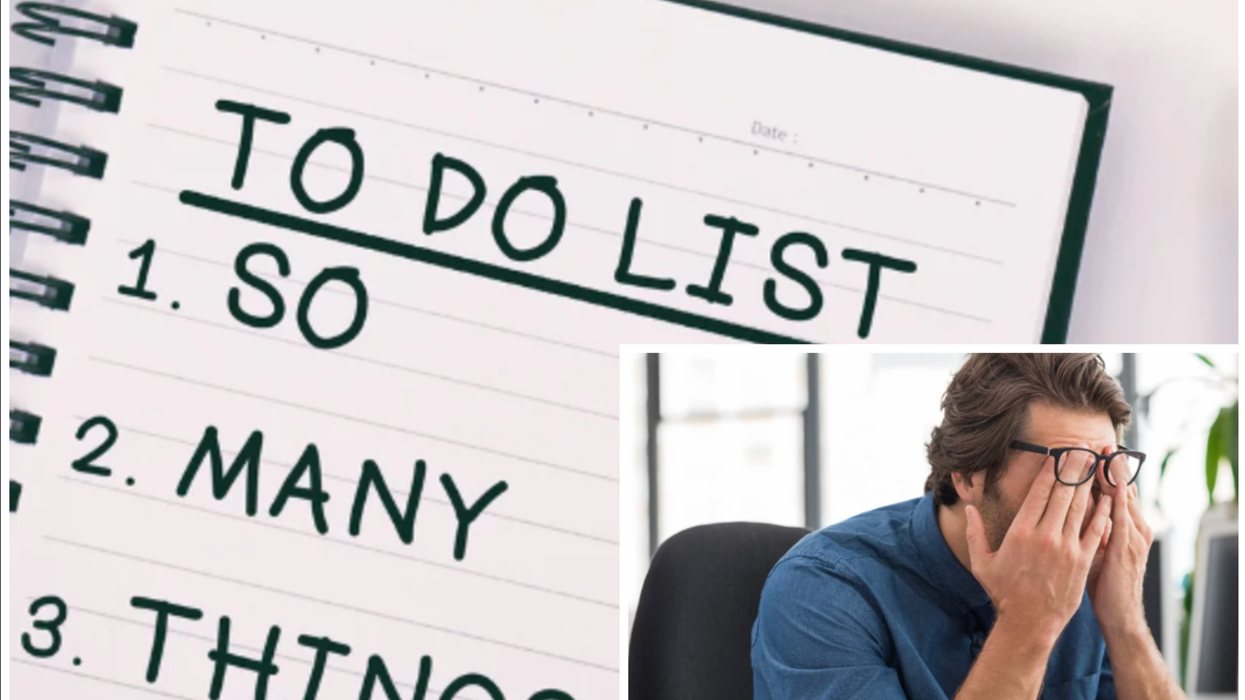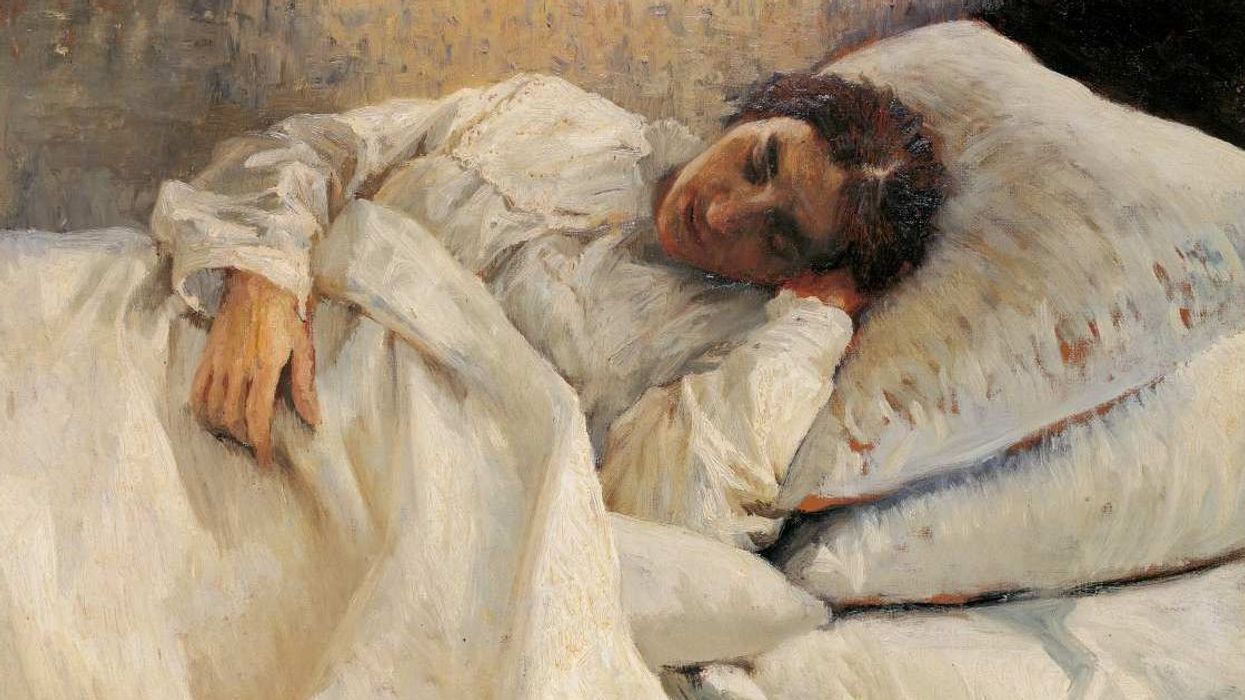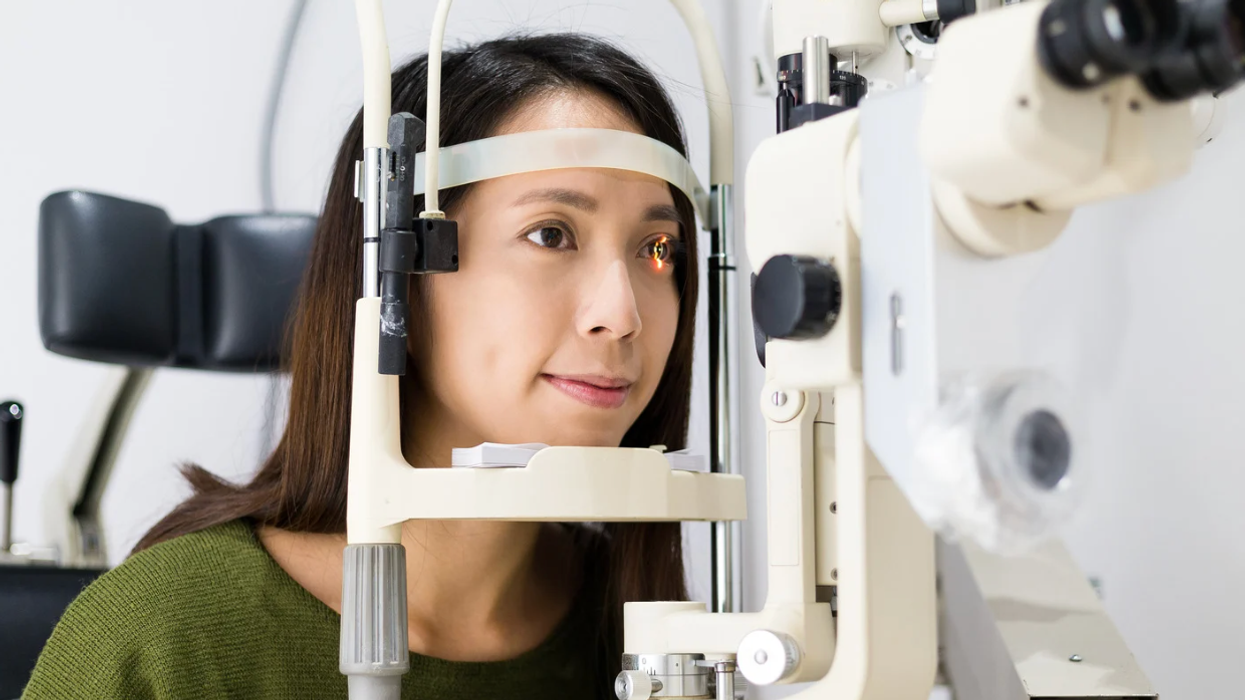This article originally appeared on Common Dreams. You can read it here.
Dr. Rick Bright, the vaccine expert who was reportedly ousted from his position at the Health and Human Services Department after he objected to the Trump administration's Covid-19 response, plans to issue a grave warning Thursday when he testifies before a House committee regarding the his push for a science-based approach to the pandemic.
According to his written testimony, which was obtained by news outlets on Wednesday, Bright plans to tell the House Energy and Commerce subcommittee on health that "our window of opportunity" to avoid a deadly second wave of the coronavirus next fall is closing.
"If we fail to develop a national coordinated response, based in science, I fear the pandemic will get far worse and be prolonged, causing unprecedented illness and fatalities," Bright's testimony reads. "Without clear planning and implementation of the steps that I and other experts have outlined, 2020 will be the darkest winter in modern history."
Bright, who was until April the director of the Biomedical Advanced Research and Development Authority (BARDA) at HHS, filed a whistleblower complaint last week stating that he was demoted after objecting to President Donald Trump's promotion of hydroxychloroquine as a treatment for Covid-19. The president's repeated mentions of the anti-malarial drug are believed to be linked to a number of overdoses.
Bright also clashed with HHS leaders including Robert Kadlec, assistant secretary for preparedness and response, over the department's decision to ignore a medical supply company which offered in January to manufacture up to seven million N95 masks per month. The offer came when Covid-19 was spreading around the world and had been reported in only one patient in the United States, and Bright wrote in his whistleblower complaint that it and other warnings fell "on deaf ears."
"I spoke out then and I am testifying today because science—not politics or cronyism—must lead the way to combat this deadly virus," Bright plans to tell the committee.
In his testimony Thursday, Bright will outline four crucial steps the federal government must take to avoid a second wave of the pandemic later this year:
- Ramping up production of medical supplies.
- Facilitating equitable distribution of equipment to all states.
- Developing a national testing strategy, ensuring tests are accurate, rapid, easy to use, low cost, and available to everyone who needs them.
- Increasing public education about Covid-19 prevention.
"We need to be truthful with the American people... The truth must be based on scientific evidence—and not filtered for political reasons," Bright wrote.
He added that "our leaders must lead by modeling the behavior" needed to stop the spread of Covid-19, including mask-wearing—a likely reference to reports that new White House rules requiring masks do not apply to the president, and to images of Vice President Mike Pence visiting a coronavirus ward without a mask.
Bright's testimony will come two days after Dr. Anthony Fauci, director of the National Institute of Allergy and Infectious Diseases, warned lawmakers that the U.S. could face "needless suffering and death" if the government reopens the economy too quickly.
"We will either be remembered for what we did or for what we failed to do to address this crisis," Bright said. "I call on all of us to act—to ensure the health, safety, and prosperity of all Americans."






















 Ladder leads out of darkness.Photo credit
Ladder leads out of darkness.Photo credit  Woman's reflection in shadow.Photo credit
Woman's reflection in shadow.Photo credit  Young woman frazzled.Photo credit
Young woman frazzled.Photo credit 